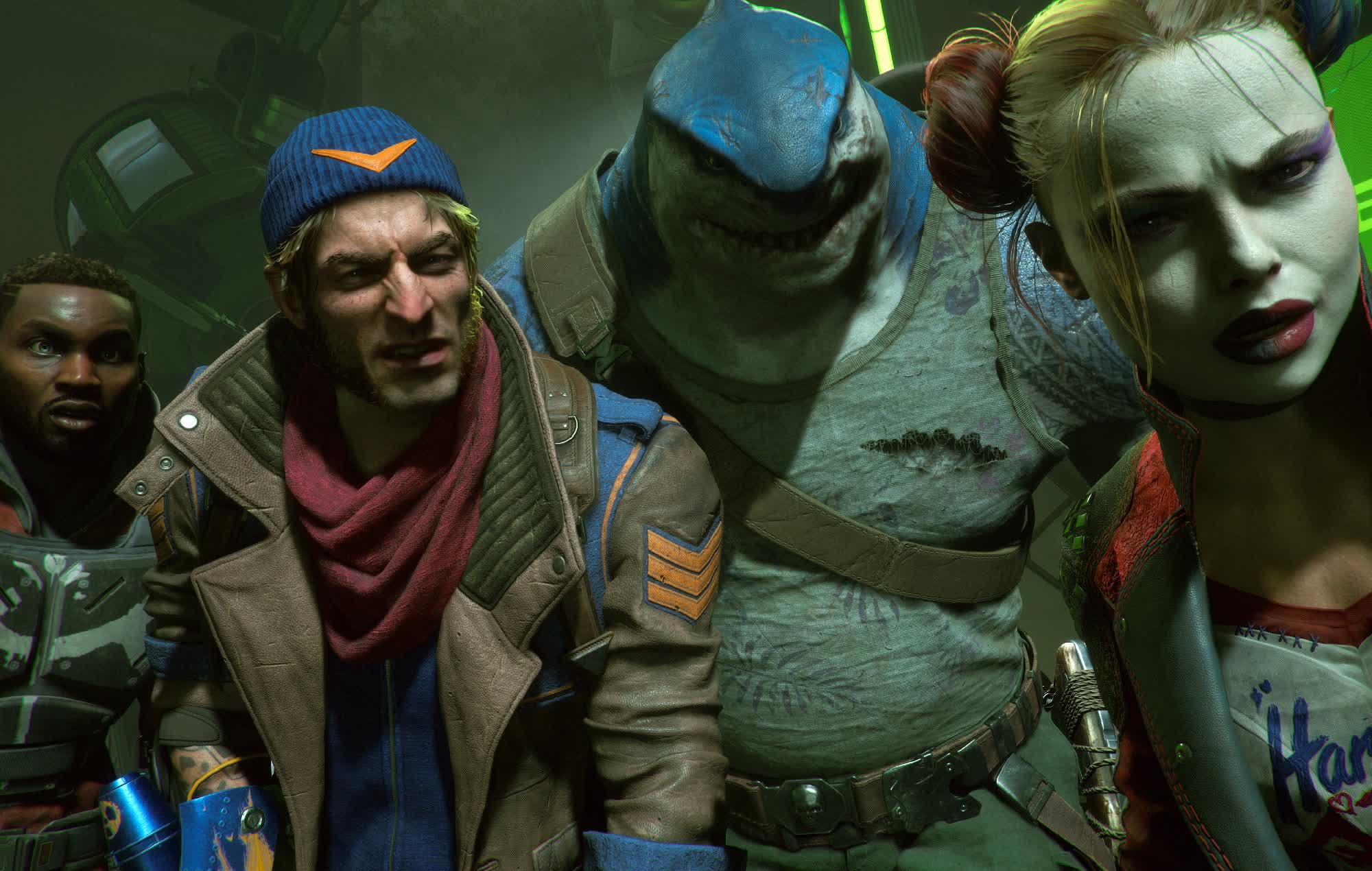In brief: Plenty of big-budget games flop hard, and few have flopped as badly as Suicide Squad: Kill the Justice League. Warner Bros. Discovery expected the superhero shooter to be a smash hit; instead, it led to the Rocksteady parent company taking a $200 million loss. Now, a report has shed some light on what went wrong.
With many initially expecting Suicide Squad to be similar to Rocksteady's (mostly) much-loved Batman Arkham series, the anticipation turned to disappointment as Kill the Justice League was revealed to be a live service title with none of the magic of the early single-player Arkham entries. Sure enough, it launched to average or worse reviews from critics, and most players hated it even more. Warner Bros. later revealed it had incurred a $200 million loss on the game.
According to a new report from Bloomberg's Jason Schreier, who cited interviews with several anonymous sources, Suicide Squad failed for numerous reasons, including a constantly shifting vision, a culture of rigid perfectionism, and a genre pivot that was ill-suited for the studio. It led to a tumultuous development that saw several delays.
The report states that Rocksteady was given the job of making a Suicide Squad game in 2016, the same year the Will Smith movie, which grossed $750 million, was released. The development was kept a secret from many workers, even potential hires. Discovering that a company famed for a single-player title was working on a multiplayer game caused many to leave the firm.
The repetitiveness of Suicide Squad is one of its biggest criticisms. It seems this was something the studio struggled with, unable to make players want to repeat the battles, levels, and bosses – an important element of live-service games. The complexity of the enormous map and four different player characters also caused problems for the development team, writes Bloomberg.
Suicide Squad was supposed to launch in 2019 or 2020, but the development issues led to multiple delays. Employees took their concerns to management, who assured them that everything would come together at the last minute. This discouragement of negativity and criticism led to some employees adopting the term "toxic positivity."
Executives' expectations that Suicide Squad would be a multi-billion dollar franchise bringing in a constant stream of revenue fell flat, of course.
The good news is that Rocksteady is ready to return to its roots, with studio leaders looking to pitch a new single-player game. Hopefully, the company will be able to redeem itself with its next project.
